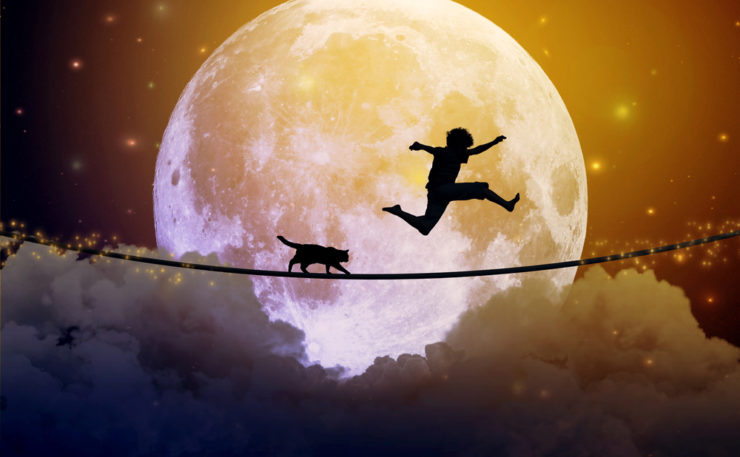In a recent webinar for the Growing Humankindness community, we were talking about mistakes – how we respond to mistakes, how we feel inside, and how we can include mistakes as a necessary (and helpful!) part of our journey.
One of the consequences of trauma or a lack of ‘holding’ in our lives is that we can begin to fear ourselves and the mistakes we make. Mistakes can feel very life or death!
I remember a time when one of my children was 7 or 8, and they were taking community tennis lessons. The lessons were led by a woman who’d played tennis for decades and who wanted to share her passion with the next generation.
At the time, we’d just moved to Texas and were living on what felt like duct tape and spit, six of us in a small rental. Every penny felt crucial. And I felt stressed to the max.
My child had lost the racket the coach had lent us, and felt terrible when they told her they’d lost it. I was wondering how we’d afford a replacement.
She was so gentle and kind: “It’s just a racket, sweetheart, it’s okay,” and gave us a new one to use.
Her gentleness with my child was just what they needed – and what I needed – in the mist of a painful move, a stressful time and an honest mistake. Her kindness lives within me still.
When we fear mistakes
If mistakes are hard for you, I imagine there’s good reason why this is so.
Wells of fear, shame and guilt about past mistakes can live in our nervous system, and these feelings can rise up as strong emotional reactions when we or others make mistakes.
Empathy, grieving and care are one way to respond to mistakes.
Each of these places needs care and holding so the fear and pain can dissipate. Sometimes we need to cry about the ways mistakes have felt so scary to us, to grieve the harshness we’ve internalized from our experiences, and to grieve the mistakes themselves.
Playfulness, levity, and humor are another way. I think of a mom I know who does ‘failure bows’ with her kids when they make mistakes, ramping it up and celebrating the errors and learning of life.
Her response blew me away the first time she shared this with me – Whhhat? That’s even possible?!
We can also bring wonder and trust – how can this mistake lead to something new?
The 10,000 ways to respond to mistakes
There are so many ways to respond to mistakes!
I can tell when I’m needing more rest, have been too burdened or worried, or need more play, because mistakes start to feel super serious and I lose my sense of humor.
How do you notice this for yourself? When do you lose your perspective on mistakes?
If you want to play with this, you can try on a new response this week.
If you tend to clamp down and feel tight, try opening up with wonder or playfulness.
If you tend to freeze or feel scared, try empathy.
If you tend to go to empathy, be silly. What do you notice?
I’ll conclude with a quote from Benjamin Zander, the co-author of the delightful book, The Art of Possibility:
“I actively train my students that when they make a mistake, they are to lift their arms in the air, smile, and say, “How fascinating!” I recommend that everyone try this.”
